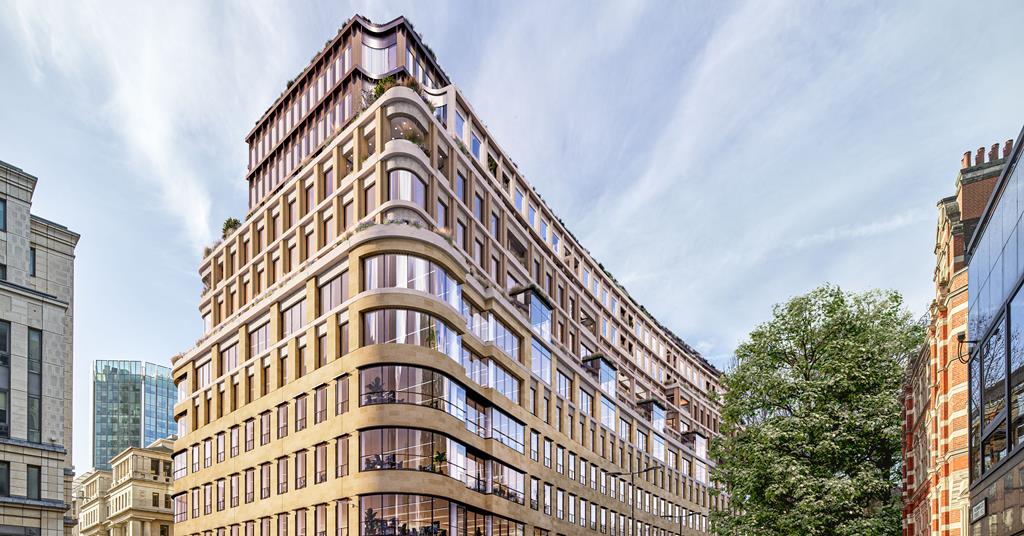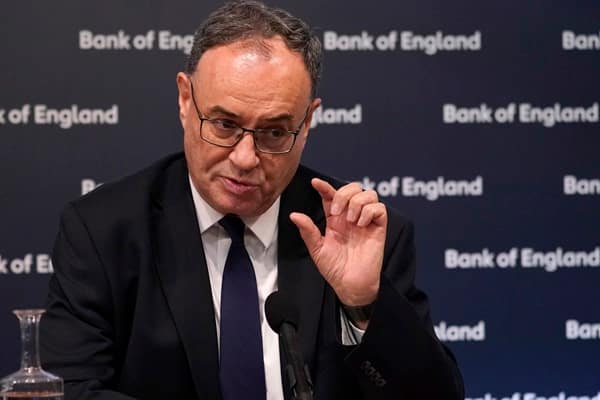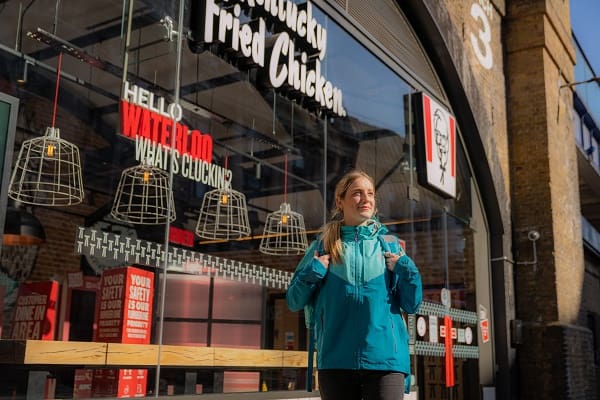Entertainment
Everything to know about the Edinburgh Festival Fringe | London Theatre
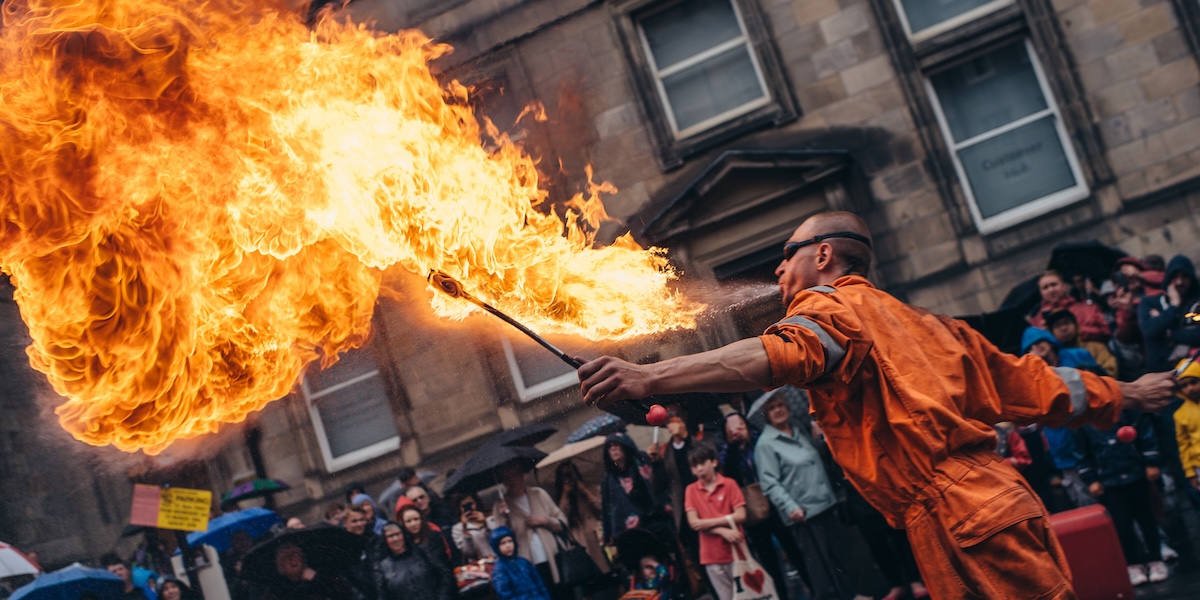
Learn all about the annual arts festival in Scotland, plus which of this year’s Fringe theatre shows are coming to London.
It runs in the Scottish capital for the bulk of August, spilling out of theatres and into tents, pubs, hotels and other repurposed buildings. It takes over the streets too, with artists and creatives handing out show flyers all along the Royal Mile, and colourful, costumed performers jostling to pitch their acts. The Edinburgh Festival Fringe is unfolding every which way you look, but how does it actually work? Here’s a top-line guide.
What is the Edinburgh Festival Fringe?
The Edinburgh Festival Fringe – often shortened to Edinburgh Fringe, or simply the Fringe – is the world’s biggest arts festival. It attracts hundreds of thousands of punters every year, who between them purchase millions of tickets. In 2024, there were just shy of 4,000 shows running as part of the official programme, spanning circus, comedy, dance, theatre and more.
The Edinburgh Festival Fringe Society is a registered charity and the main body behind the Fringe, the month-long run of which coincides with several other arts festivals too: the Edinburgh International Festival (EIF), the Edinburgh Art Festival, the Edinburgh International Book Festival, and the Edinburgh International Film Festival.
When did the Edinburgh Fringe start?
As the now legendary story has it, the Fringe was founded as an act of rebellion in 1947, when eight troupes turned up uninvited to the inaugural EIF, performing on the fringes of the official festival. They kickstarted a movement, which saw more and more artists follow in their lead every summer until Edinburgh Fringe was officially formalised in 1958.
Today, the Fringe is actually a much bigger entity than the EIF, as the latter only stages around 100 shows each year.
Why is the Fringe such a big deal?
Not only is Edinburgh Fringe the biggest arts festival in the world, it remains democratic in that it continues to run on an open access basis (although the rising costs of mounting a show, accommodation in Edinburgh, and transport to and from the Scottish capital are all significant). It attracts everyone from students taking their first steps on stage through to seasoned professionals trying out new material in a supportive environment.
Boasting a large number of venues, each with the capacity to stage multiple hour-long shows every day, the Edinburgh Fringe offers easier access to performance space than is typically available elsewhere, or at other times. And with industry titans including agents and producers milling about, many creatives see it as a chance to get their work noticed.

Will I be able to see any Edinburgh Fringe shows in London?
In short: yes. However the majority of London transfers will be dependent on a successful Fringe run first – and only announced once the Festival has culminated.
The most successful pickings from the Fringe (‘success’ being measured in sold-out performances and positive reviews) will typically transfer down to an Off-West End venue, or embark on a UK tour. Occasionally some, like 2023’s breakthrough hit Kathy and Stella Solve a Murder!, head into the West End.
Edinburgh Fringe success stories
The Fringe has helped establish the careers of many performers and writers over the years, from Steven Berkoff to Tim Minchin. Richard Gadd’s Baby Reindeer and Phoebe Waller-Bridge’s Fleabag, one-person plays eventually turned into internationally acclaimed TV shows, are the current shining examples of what Fringe success can look like at its most fruitful.
Pop-tastic Tudor musical SIX, performed at the 2017 Fringe by Cambridge University students and now a West End staple, is another famous breakthrough.
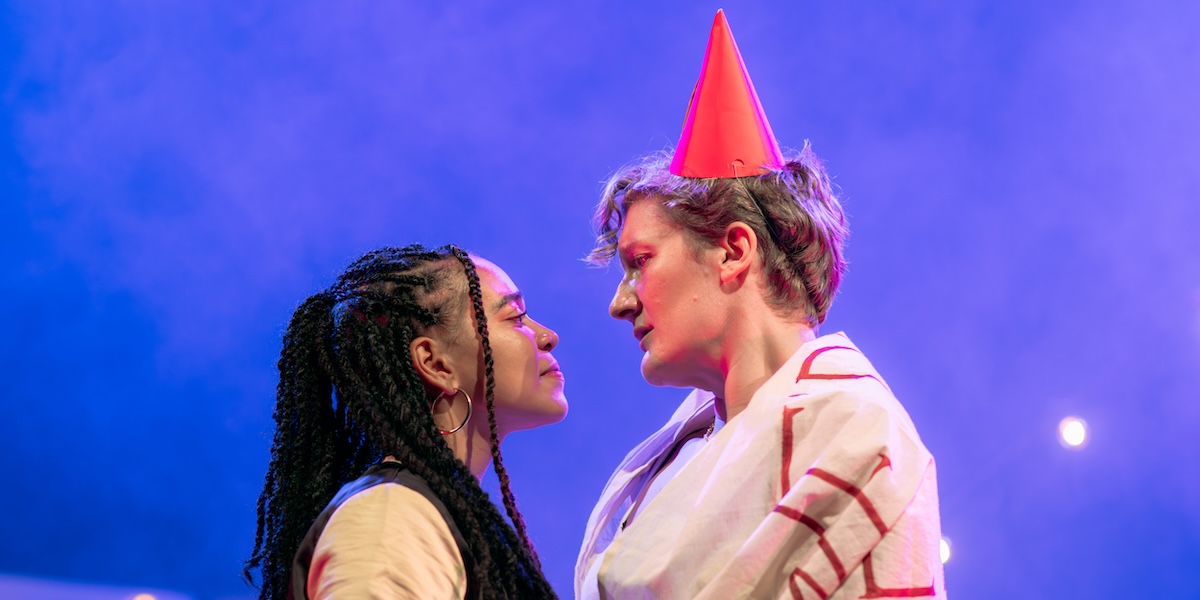
Edinburgh Fringe shows transferring to London
The Dream of Being a Madame, Omnibus Theatre
12–14 September
Funny and introspective, Chinese playwright Qi Wang’s play explores opposing ideologies around female independence and romantic expectations through the story of a twentysomething Chinese student who befriends a young Korean-American woman following a chance encounter in London.
My English Persian Kitchen, Soho Theatre
16 September – 5 October
Written by playwright Hannah Khalil, and based on a story by Iranian food writer Atoosa Sepehr, this is the heart-in-mouth tale of a woman who has escaped an abusive relationship in Iran and started a new life in England. Thrillingly, it’s also a play that’s smelt before it’s seen, opening with performer Isabella Nefar chopping a mouthwatering medley of herbs for a soup she cooks while telling her story.
Bellringers, Hampstead Theatre
27 September – 2 November
This intimate two-hander from Women’s Prize for Playwriting finalist Daisy Hall follows a couple of paranoid bellringers, Clement (Luke Rollason) and Aspinall (Paul Adeyefa), who are holed up in a church (despite questioning their faith) and mulling over life in rural, olde-worlde Oxfordshire while freaking each other out about the storm raging outside. Is it an allegory for something? Your guess is as good as ours.
Famehungry, The Place
3–4 October
With her latest experimental show, performance artist Louise Orwin investigates the role TikTok is playing in democratising fame, but also the bizarre things people film themselves doing on the platform – not for money, but for visibility. The twist is that Orwin is live-streaming the show on her own TikTok account, projecting the likes and comments it receives back into the auditorium.
It’s the Economy, Stupid, Camden People’s Theatre
25–26 October
Through caricatures of politicians, projections onto cardboard boxes and a spattering of magic tricks, Joe Sellman-Leava and Dylan Howells attempt to explain the history of the economy over the past 35 years. Their records span Sellman-Leava’s lifetime, and are interwoven with the personal experiences of his family, who fell upon hard times and were rescued by a safety net no longer available to others in a similar position.
L’Addition, Battersea Arts Centre
5–16 November
In this unsettling piece from Forced Entertainment, two performers find themselves trapped in a scene in which a customer-waiter interaction goes awry. Brought to life by performance duo Bertrand Lesca and Nasi Voutsas, it promises to play with the mechanisms of theatre itself as well as the power dynamics of relationships.
Club Life, Omnibus Theatre
12–24 November
Fred Deakin’s immersive club/theatre experience won a Fringe First award in 2023 and returned to the Festival in 2024. It makes its London debut at the Omnibus Theatre this autumn, where audiences can join Deakin on a journey through his former life as a DJ, and also boogie to 80s and 90s dancefloor fillers.
Sh!t Theatre: Or What’s Left of Us, Soho Theatre
18–30 November
This folksy, macabre show from Fringe favourites Rebecca Biscuit and Louise Mothersole, aka Sh!t Theatre, is simultaneously an exploration of grief and a whodunnit about an arson attack. Sadly, both subjects are inspired by recent events: the death of Sh!t Theatre director Adam Brace, who was also Biscuit’s partner, and the burning down of a folk club the duo attended.
Cyrano, Park Theatre 11 December – 11 January
Australian theatremaker Virginia Gay reimagines Edmond Rostand’s French classic Cyrano de Bergerac for contemporary times, flipping the gender of its titular, big-nosed wordsmith, and exploring the story’s wooing by proxy through a fresh, funny and self-aware narrative.
Book Cyrano tickets on London Theatre.
Photo credits: © Edinburgh Festival Fringe Society, Pamela Raith Photography, Mihaela Bodlovic

